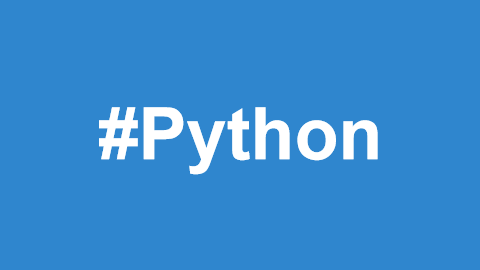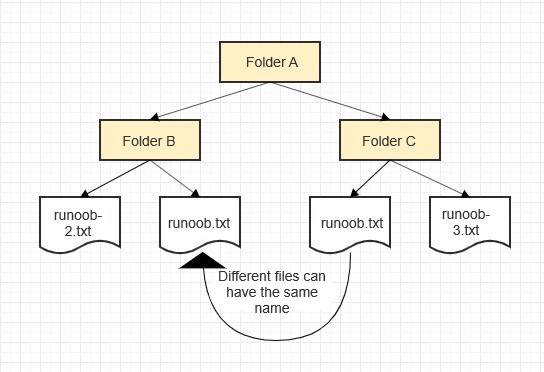Prime Numbers and Finding Primes in a Range
A prime number is a natural number greater than 1 that is not divisible by any positive integers other than 1 and itself. There are infinitely many prime numbers.
Below are examples of how to find prime numbers within a specified range using different methods:
Example 1: Output Prime Numbers in a Specified Range
#!/usr/bin/python3
# Output prime numbers within a specified range
# Take input from the user
lower = int(input("Enter the lower bound of the range: "))
upper = int(input("Enter the upper bound of the range: "))
for num in range(lower, upper + 1):
# Prime numbers are greater than 1
if num > 1:
for i in range(2, num):
if (num % i) == 0:
break
else:
print(num)Example Output:
$ python3 test.py Enter the lower bound of the range: 1 Enter the upper bound of the range: 100 2 3 5 7 11 13 17 19 23 29 31 37 41 43 47 53 59 61 67 71 73 79 83 89 97
Trial Division Method
Trial division is a basic algorithm that tests each number for divisibility to determine if it is a prime number.
Example Code:
def is_prime(n): """Check if a number is prime""" if n <= 1: return False if n <= 3: return True if n % 2 == 0 or n % 3 == 0: return False i = 5 while i * i <= n: if n % i == 0 or n % (i + 2) == 0: return False i += 6 return True def primes_in_range(start, end): """Print prime numbers in a specified range""" for num in range(start, end + 1): if is_prime(num): print(num) # Example: Print prime numbers from 10 to 50 primes_in_range(10, 50)
Sieve of Eratosthenes Method
The Sieve of Eratosthenes is a more efficient algorithm, especially suitable for finding all prime numbers up to a large number.
Example Code:
def sieve_of_eratosthenes(max_num): """Find all prime numbers up to max_num using the Sieve of Eratosthenes""" sieve = [True] * (max_num + 1) sieve[0] = sieve[1] = False # 0 and 1 are not prime p = 2 while p * p <= max_num: if sieve[p]: for multiple in range(p * p, max_num + 1, p): sieve[multiple] = False p += 1 return [p for p, is_prime in enumerate(sieve) if is_prime] def primes_in_range(start, end): """Print prime numbers in a specified range""" primes = sieve_of_eratosthenes(end) for num in primes: if num >= start: print(num) # Example: Print prime numbers from 10 to 50 primes_in_range(10, 50)
These examples illustrate different methods to find prime numbers within a given range using Python.


